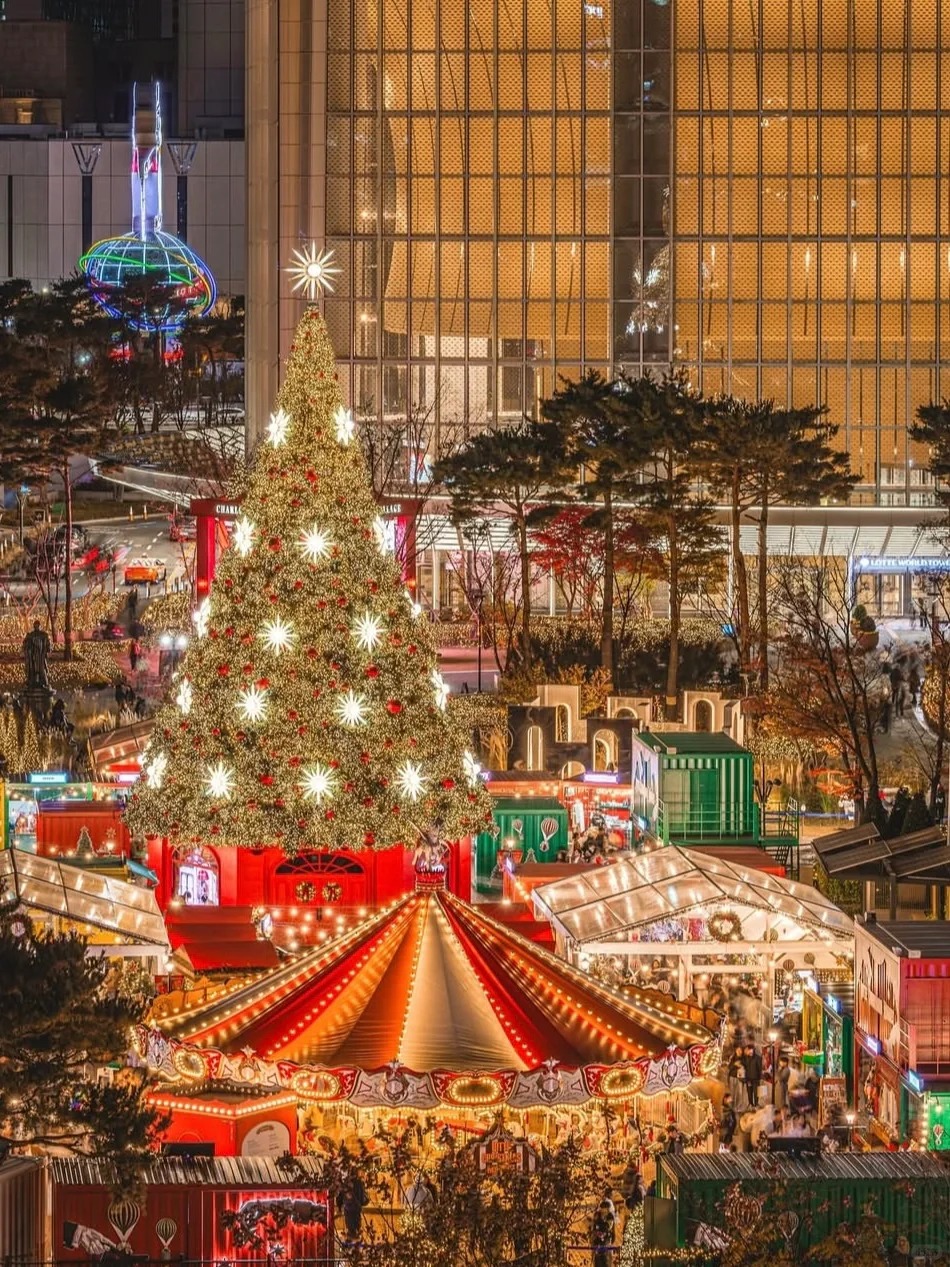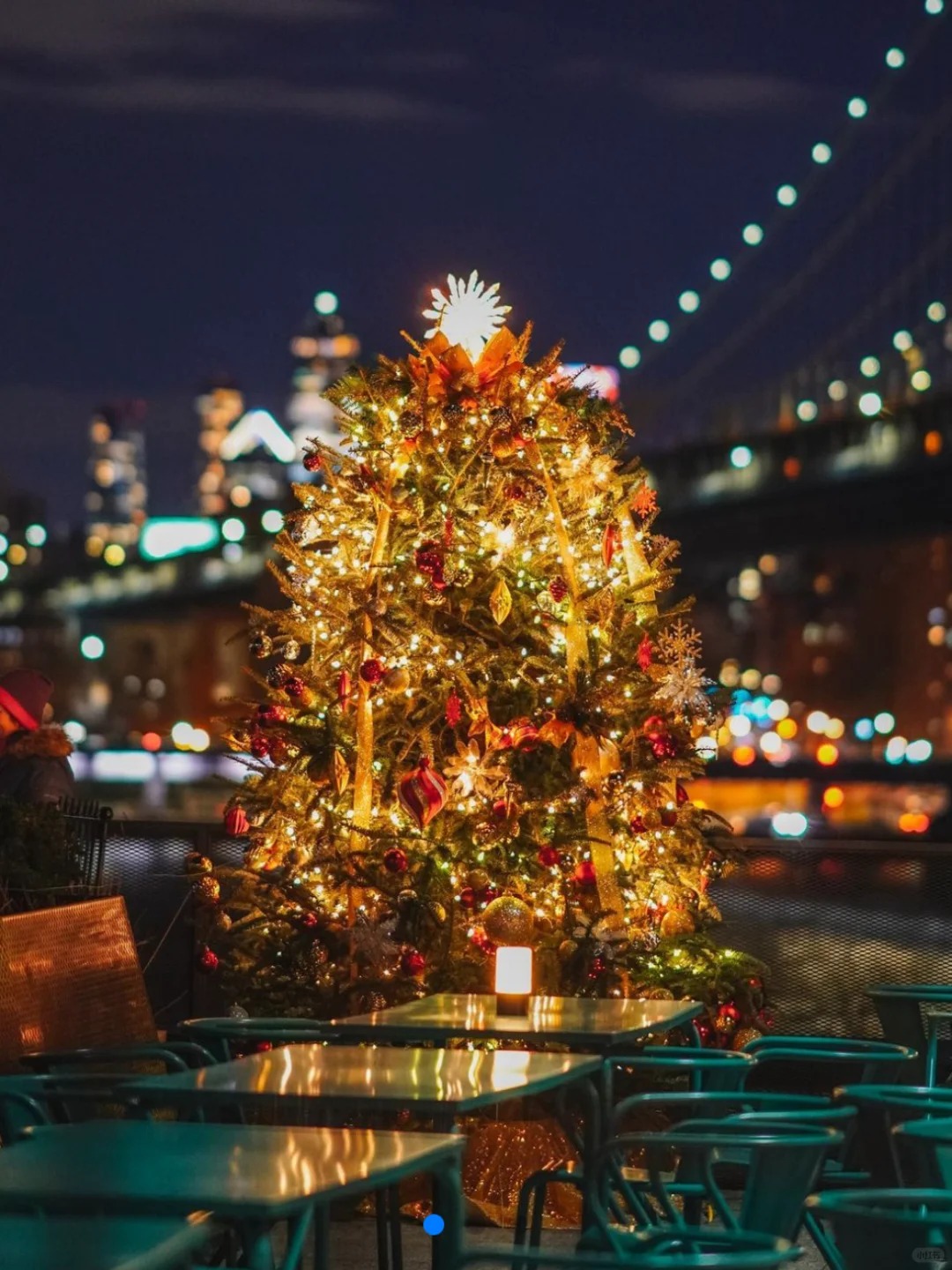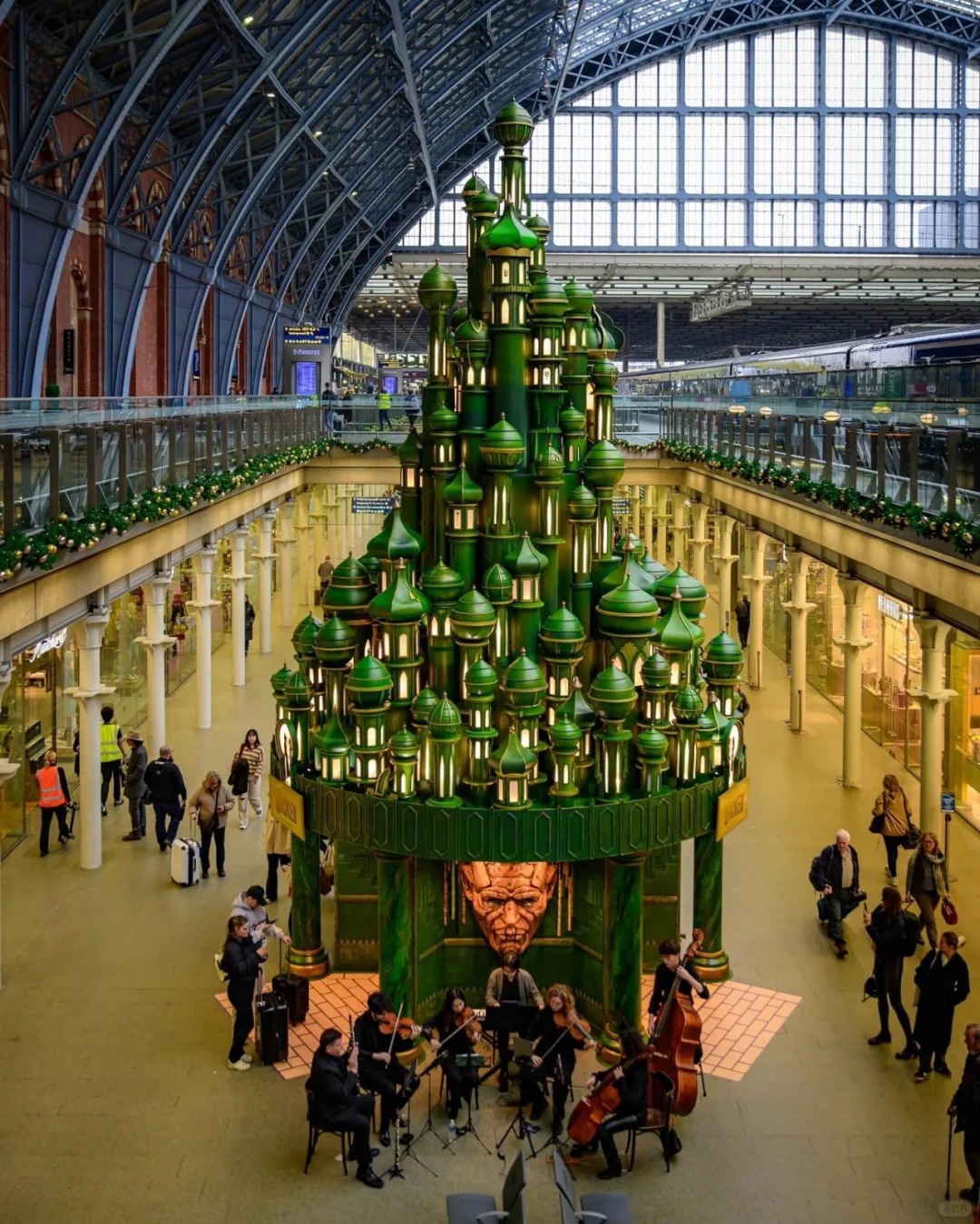Christmas, a holiday celebrated by millions around the world, holds a special place in the hearts of Christians as it commemorates the birth of Jesus Christ.

The celebration takes place on December 25th in the Gregorian calendar, a date that has been subject to much speculation and historical debate. The reasons behind this specific date for Christmas are rooted in a complex interplay of religious, cultural, and historical factors.The origins of Christmas and its December date are entwined with the ancient Greco-Roman world, with commemorations likely beginning in the 2nd century. The exact reasons for choosing December 25th are not entirely clear, but there are several plausible theories. One such theory is linked to the Roman Christian historian Sextus Julius Africanus, who dated Jesus’ conception to March 25th. According to this calculation, considering a nine-month gestation period, Jesus would have been born on December 25th. Another significant influence was the Roman Empire's celebration of the rebirth of the Unconquered Sun (Sol Invictus) on December 25th. This holiday marked the return of longer days after the winter solstice, a natural event that held great significance in the agricultural societies of the time. The celebration of Sol Invictus coincided with the popular Roman festival of Saturnalia, a period characterized by feasting and gift-giving. Additionally, December 25th was the birthday of Mithra, an Indo-European deity associated with light and loyalty, whose cult was popular among Roman soldiers.
The church in Rome officially began celebrating Christmas on December 25th in 336 during the reign of Emperor Constantine, who had made Christianity the empire's dominant religion. Some historians speculate that choosing this date was a strategic move to supplant the established pagan celebrations with a Christian alternative. However, the date was not immediately accepted in the Eastern Empire, where January 6th was favored for another half-century. It wasn't until the 9th century that Christmas became a major Christian festival. The association of Christmas with the winter solstice and the rebirth of the sun is not coincidental. The solstice, marking the shortest day and longest night of the year, has been a time of celebration in many cultures, symbolizing the victory of light over darkness and the promise of renewal. Early Christians likely saw this as a fitting time to celebrate the birth of Jesus, who was considered the light of the world.

The transition of Christmas from a minor to a major Christian festival was gradual. As Christianity spread, the holiday took on greater importance, and the December date became more widely accepted. The holiday's popularity was further solidified with the spread of Christianity to northern Europe, where the winter solstice held particular cultural significance.
Over time, Christmas evolved from a simple religious observance to a festival rich with cultural traditions. The holiday incorporated elements from pre-Christian winter celebrations, such as the Yule, a winter solstice festival celebrated by Germanic and Norse peoples. Yule, with its focus on feasting and gift-giving, influenced the development of many Christmas customs. The adoption of the December date for Christmas also facilitated the integration of pagan and Christian traditions, as it allowed for a smoother transition for converts who were accustomed to celebrating at this time of year. This syncretism was not without controversy, however, and some Christians resisted the incorporation of pagan elements into their celebrations. Despite these historical complexities, the December 25th date for Christmas has persisted, becoming a time of joy and celebration for Christians and non-Christians alike. The holiday's significance extends beyond the birth of Jesus, serving as a time for family gatherings, gift-giving, and communal feasts.

In contemporary times, Christmas has taken on a life of its own, with traditions varying widely across different cultures. While the religious significance remains central for many, the holiday is also a time for secular celebrations, reflecting the diverse ways in which people choose to mark the end of the year and the promise of a new beginning. The story of Christmas, therefore, is not just one of religious observance but also one of cultural adaptation and evolution. The holiday's roots in the ancient world, its transformation through the ages, and its current status as a global celebration are testament to the enduring power of tradition and the human desire to come together in times of light and joy. As we prepare to celebrate Christmas each year, we participate in a tradition that has been shaped by thousands of years of history, making it a truly unique and meaningful time of year.
